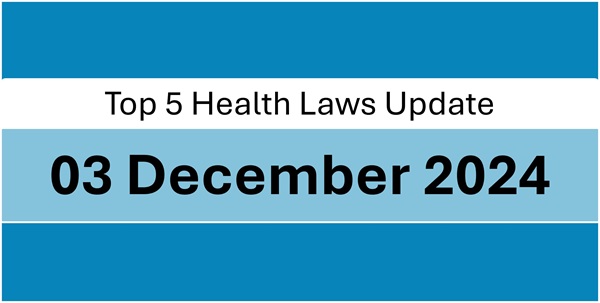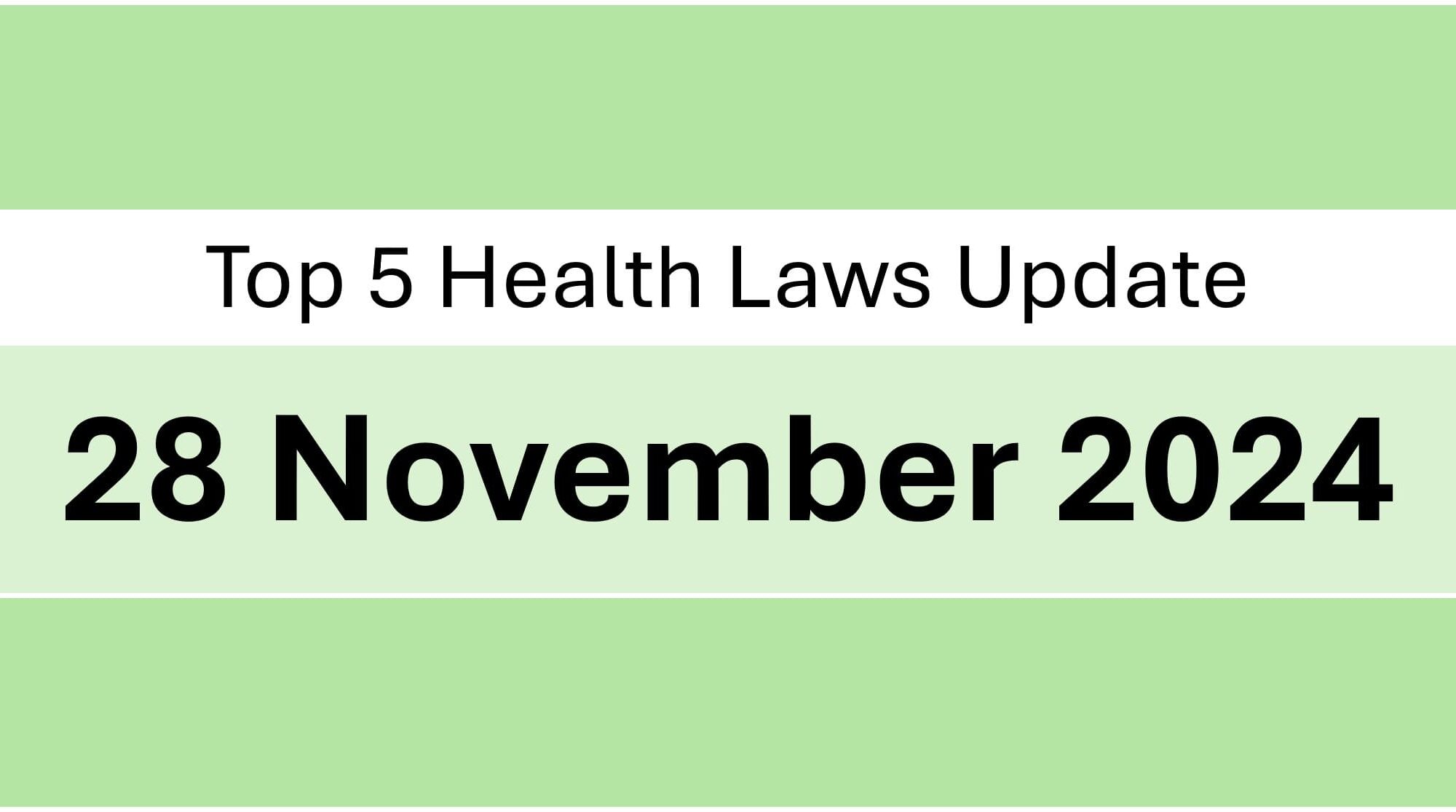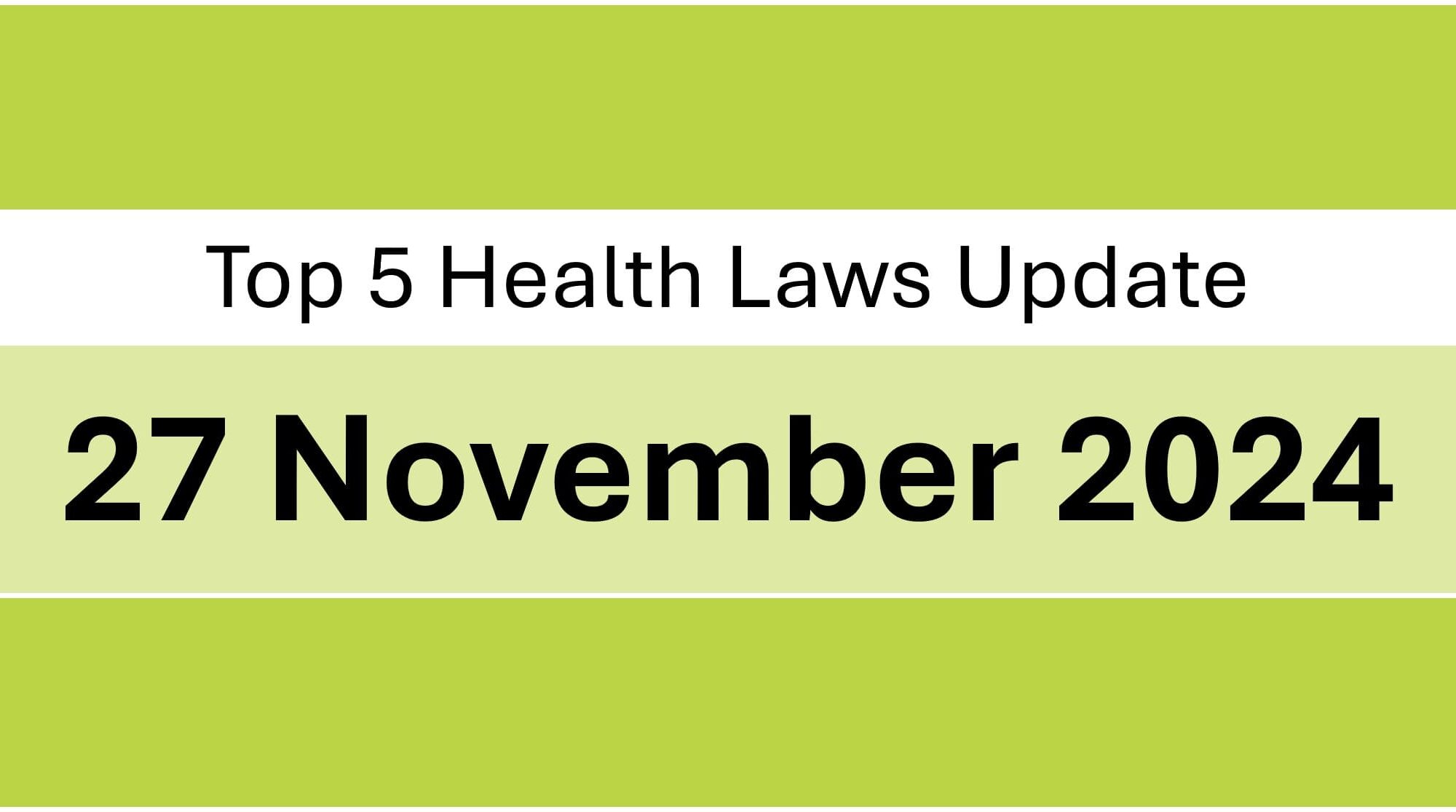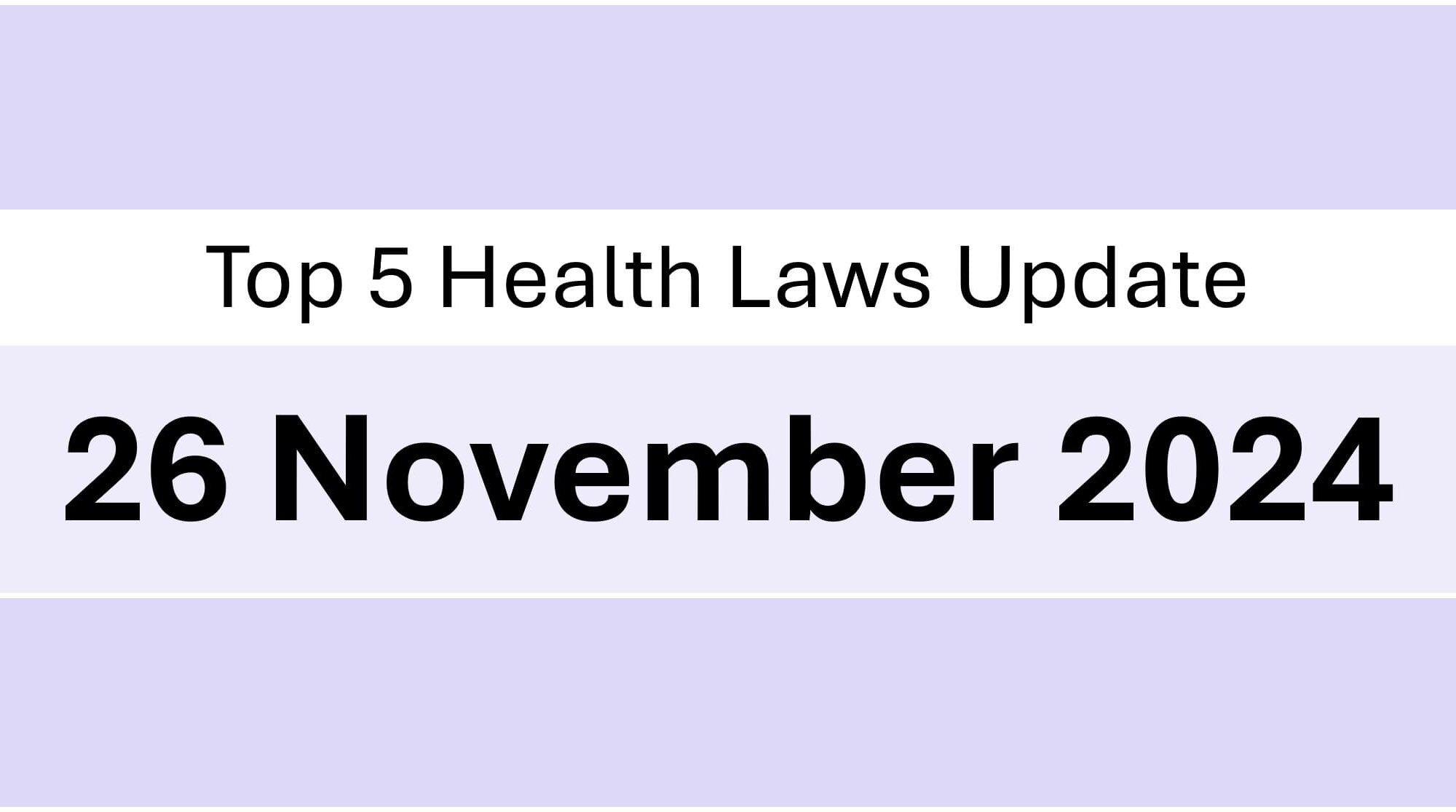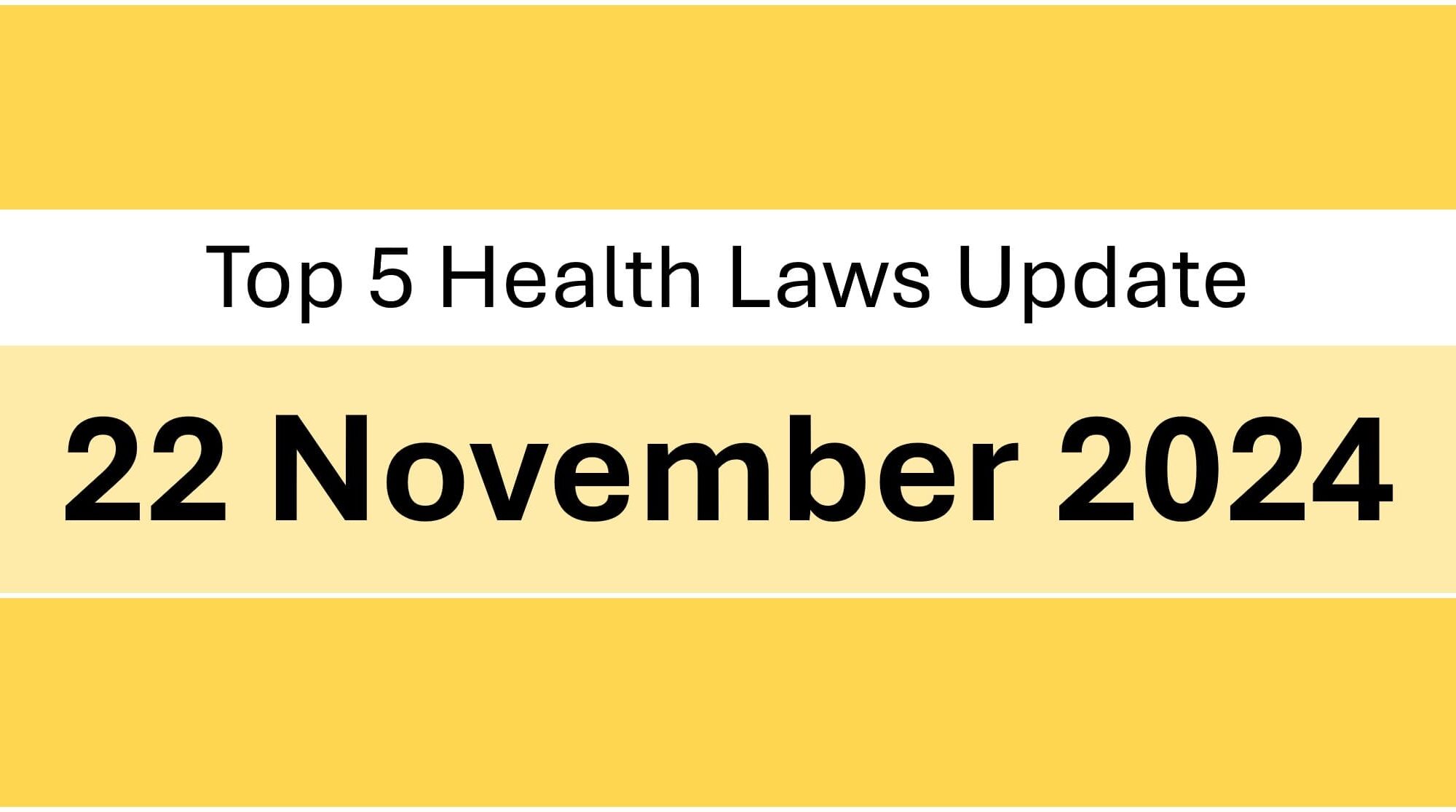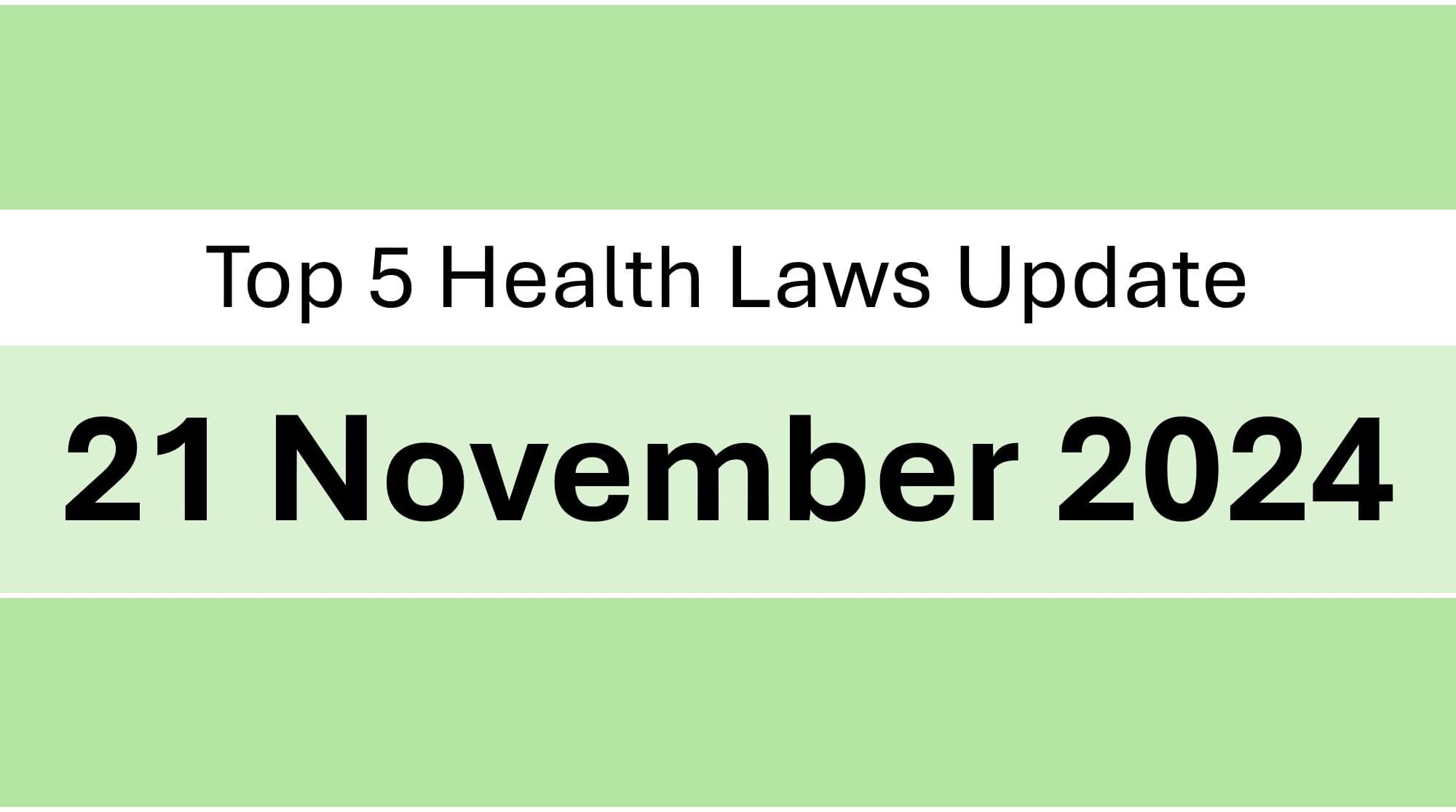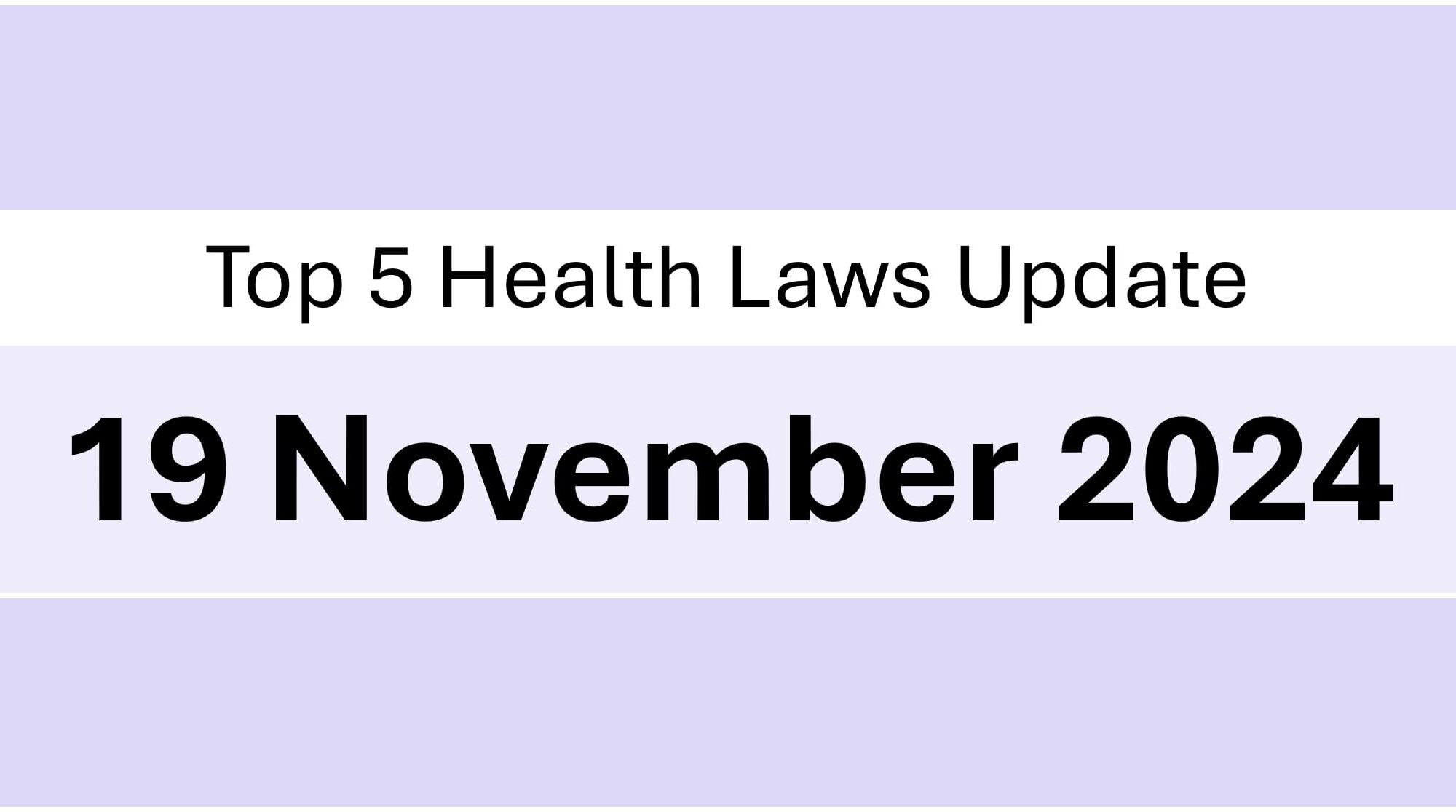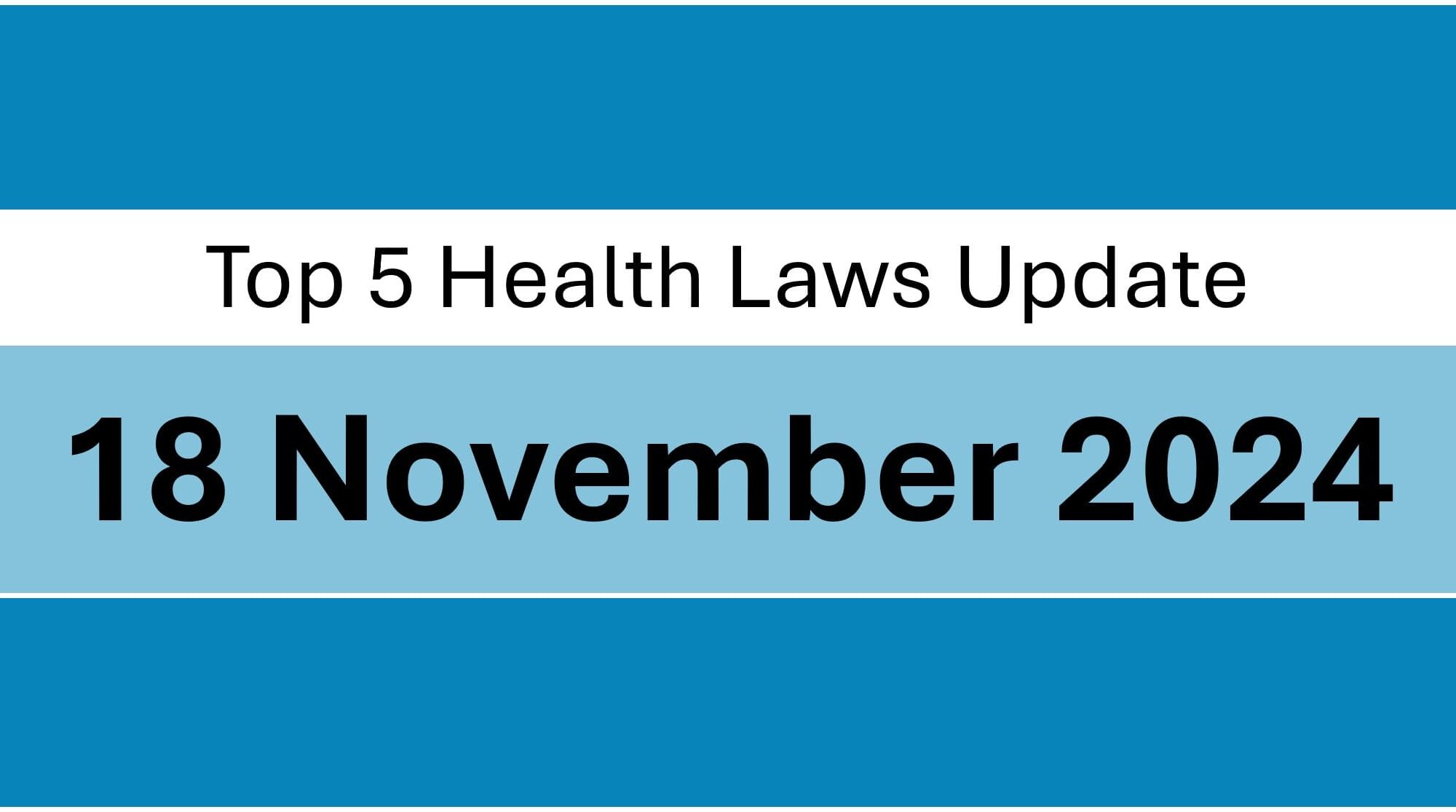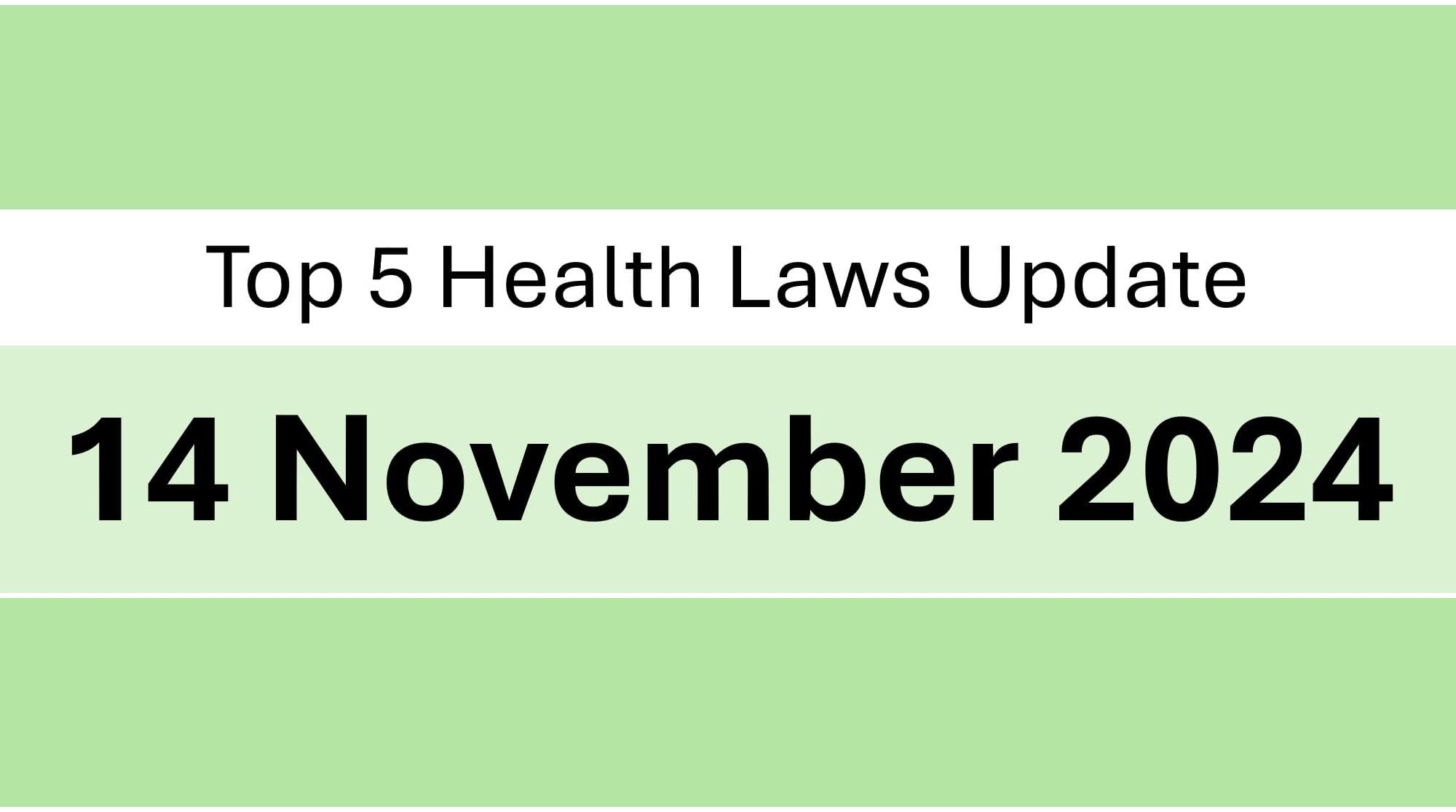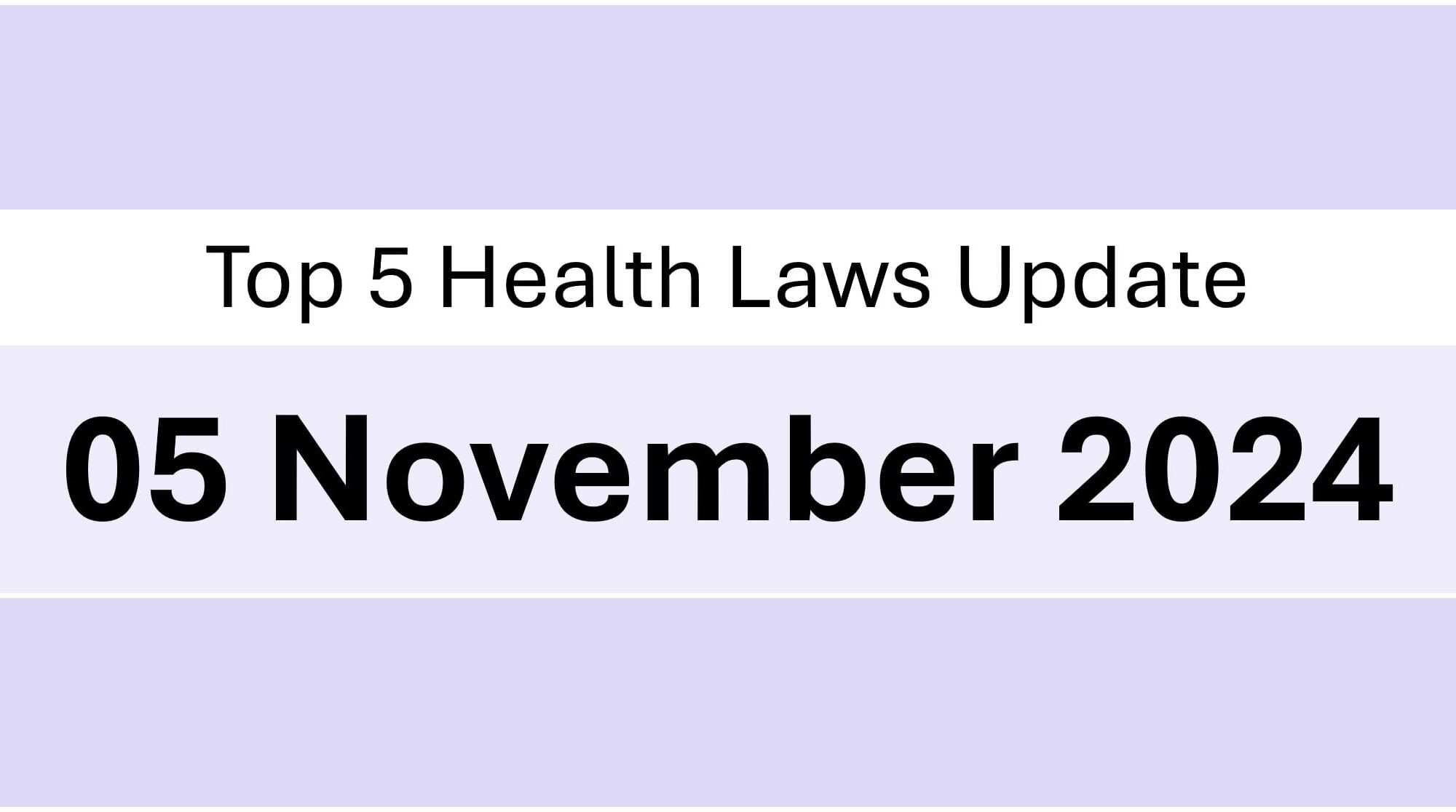Dear Readers, we are happy to share the most interesting legal and policy updates concerning health industry that we read today. we hope you enjoy reading it.
1. India’s Delhi High Court has granted relief to Dr. Devi Prasad Shetty, a renowned cardiac surgeon and chairman of Narayana Hrudayalaya Ltd. The court has issued a temporary injunction to protect his personality rights, prohibiting the misuse or misappropriation of his name, likeness, photos, videos, or any other aspects of his persona without his consent. The injunction also restricts the unauthorized use of the Narayana trademark for commercial gains.
Source: bit.ly/3BbWZZ1
2. India’s State Blood Transfusion Council (SBTC) of Maharashtra has introduced strict guidelines for blood donation camps in the state, prohibiting organizers from offering extravagant gifts and other high-value items to donors.
Source: bit.ly/49kLTxy
3. The Indian Government has reportedly expanded free treatment benefits under Ayushman Bharat – Pradhan Mantri Jan Arogya Yojana (AB-PMJAY) to include all senior citizens aged 70 years and above. Also, approximately 1,961 procedures across 27 medical specialties, including General Medicine, General Surgery, Orthopedics, Cardiology, Oncology, and more, can now be availed by different age groups.
Source: bit.ly/3ZAyaiS
4. At the start of the final 2024 pandemic agreement negotiations, experts have reportedly urged countries to finalize the agreement to tackle future pandemic threats. Negotiations are set to continue, with hopes of reaching an agreement before 20th January, 2025
Source: bit.ly/4f1ly99
5. India’s Supreme Court has directed Public Prosecutors and Legal Aid Lawyers to uphold procedural fairness and the fundamental rights of the accused in criminal trials, ensuring effective legal aid. It is the Public Prosecutor’s duty to inform the Court about the need for free legal aid, as they are responsible for ensuring that the trial is fair and lawful.
Source: bit.ly/4fSa0WM

